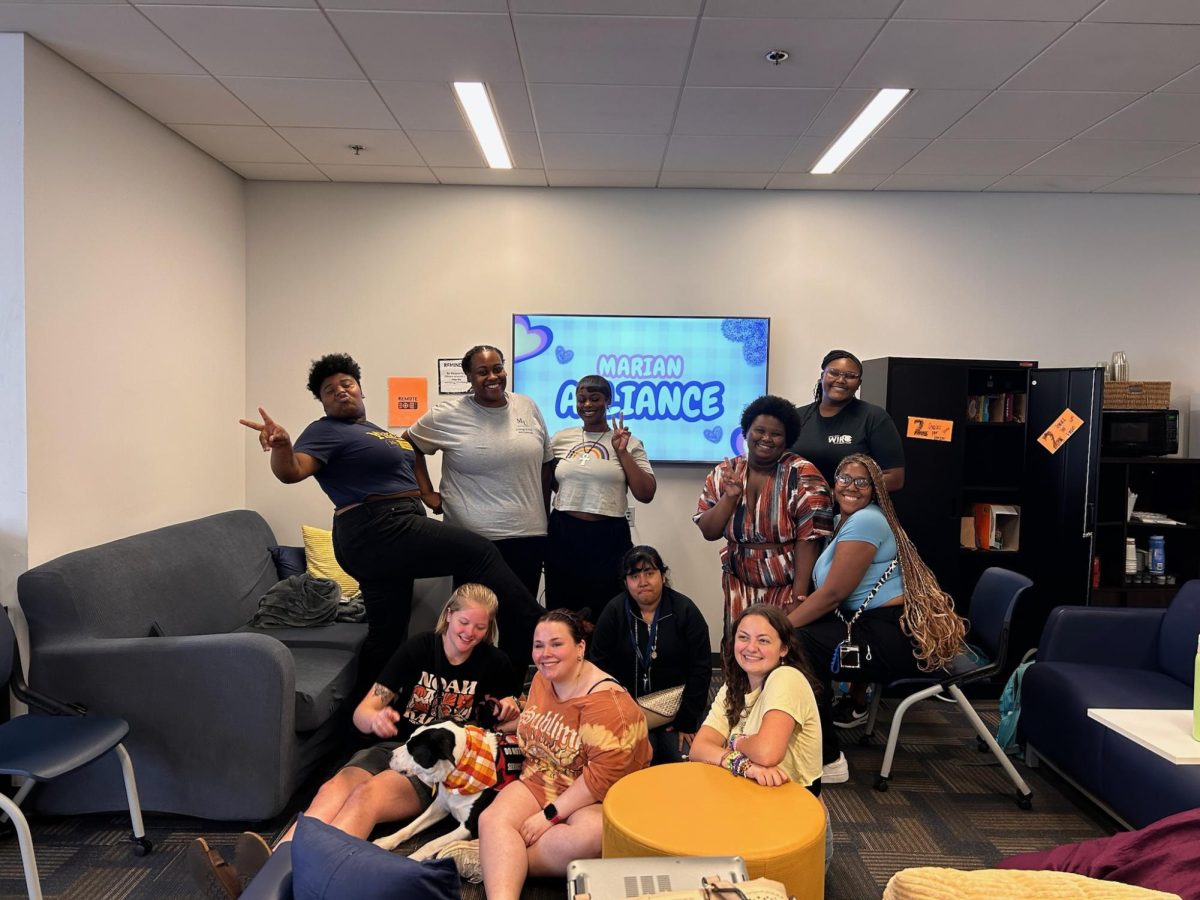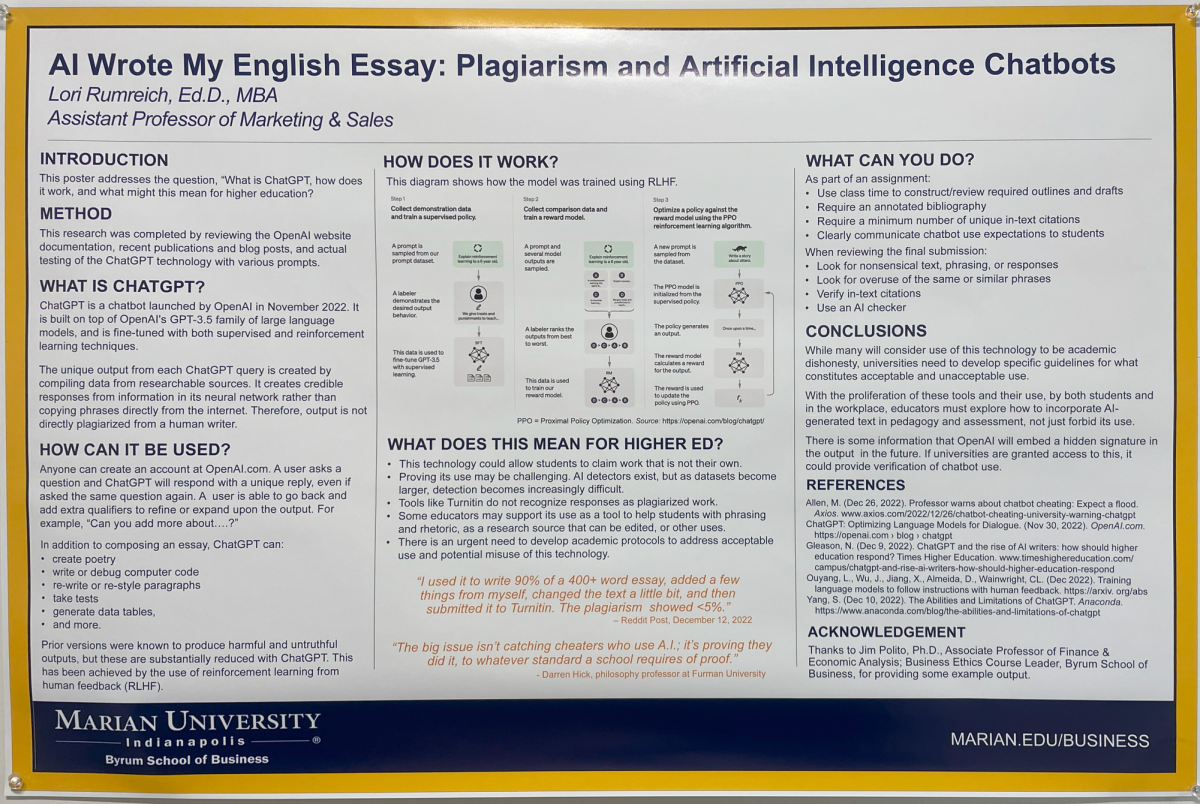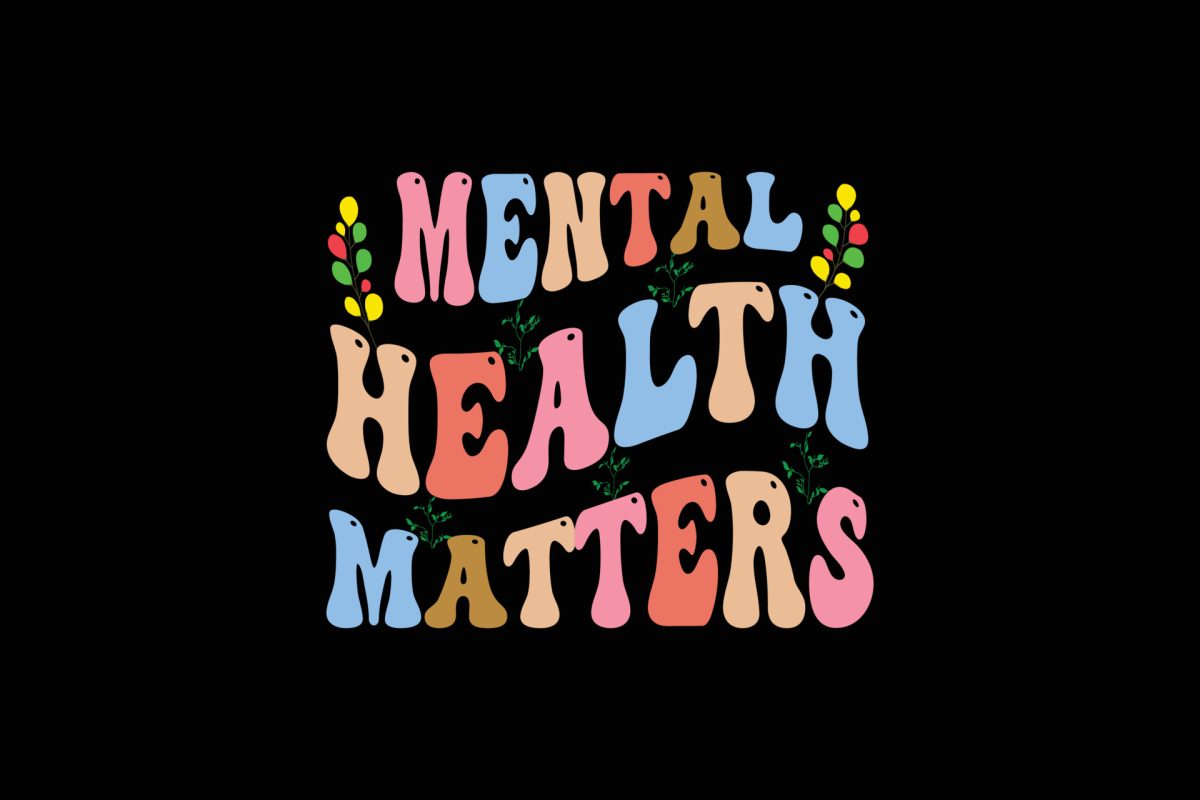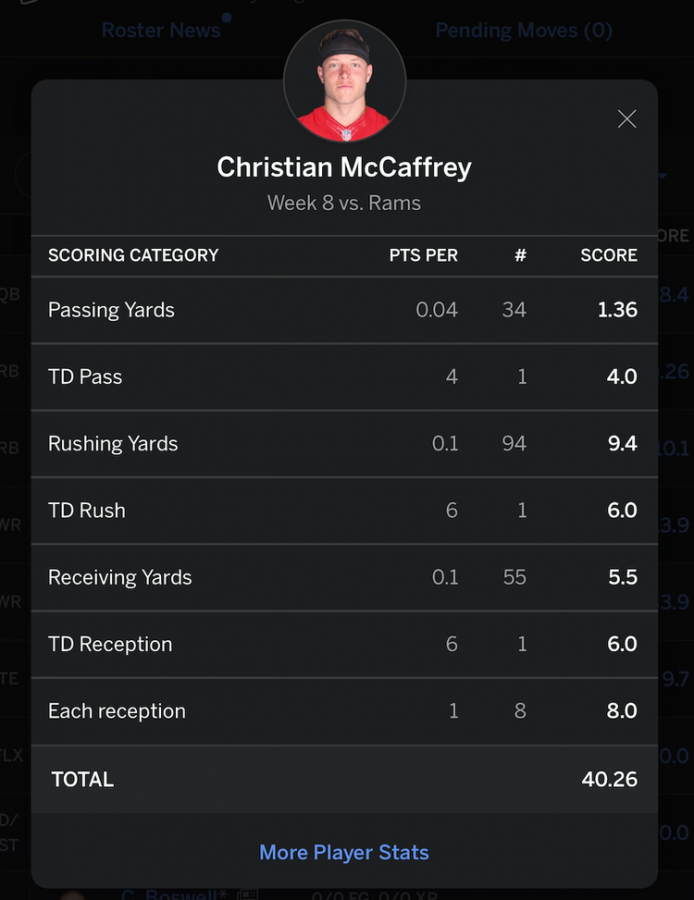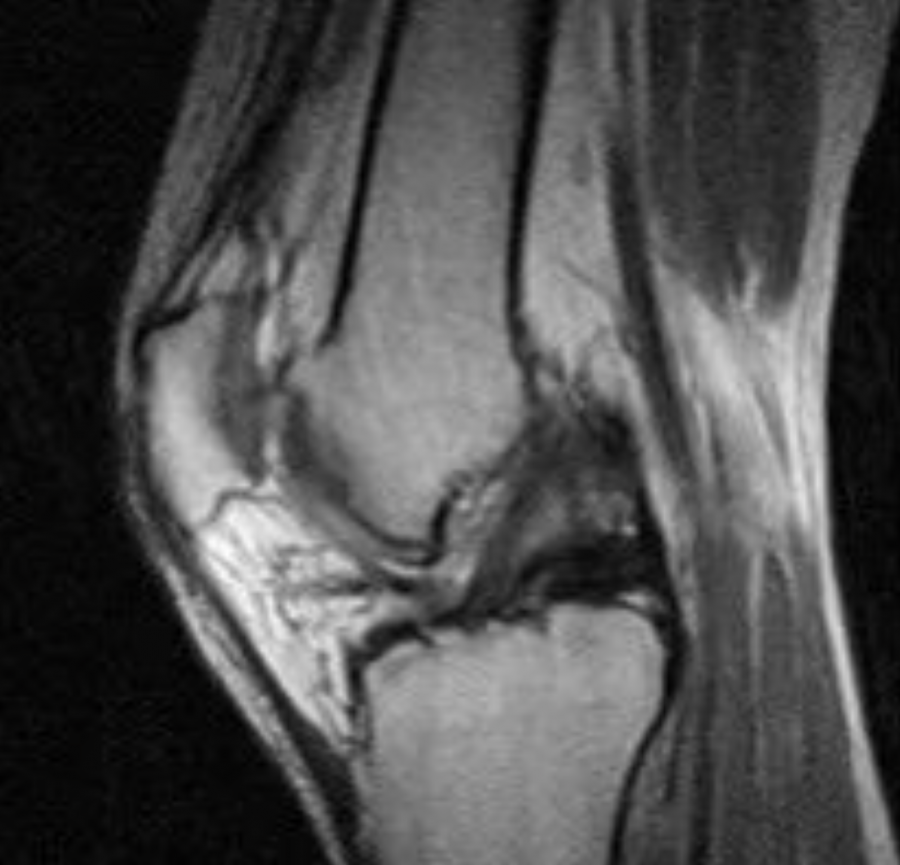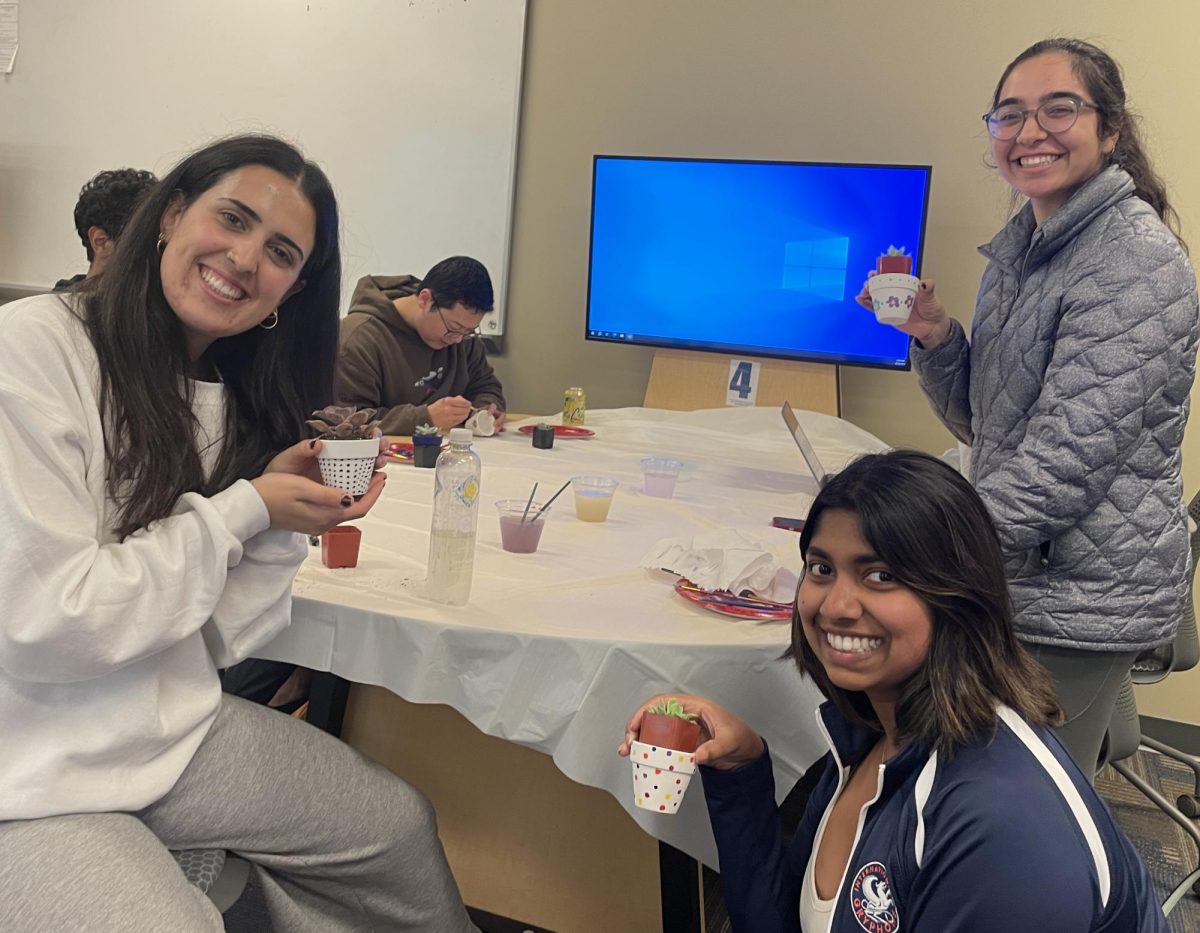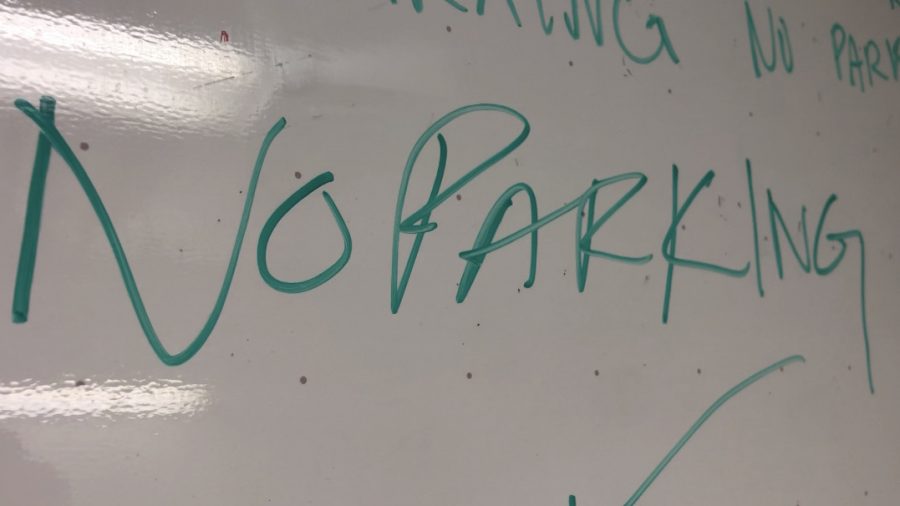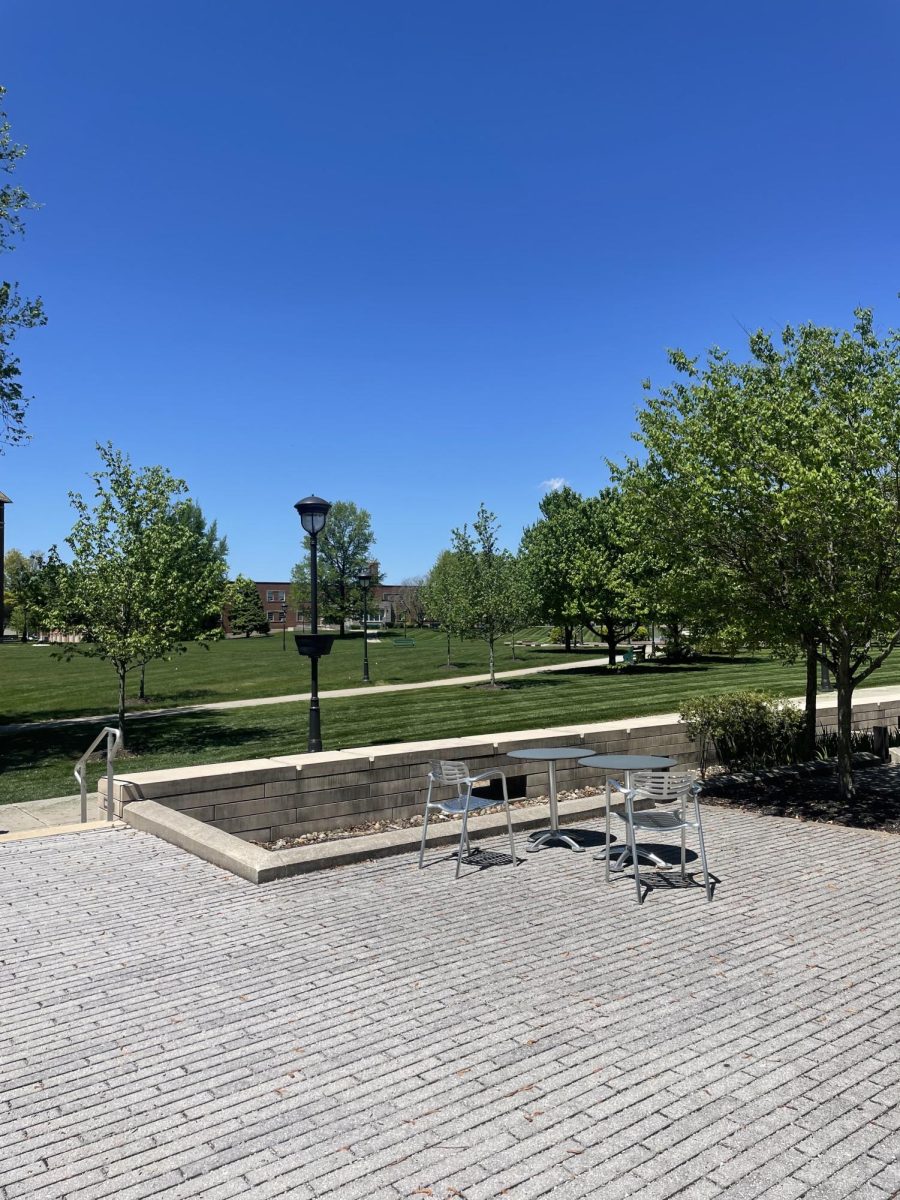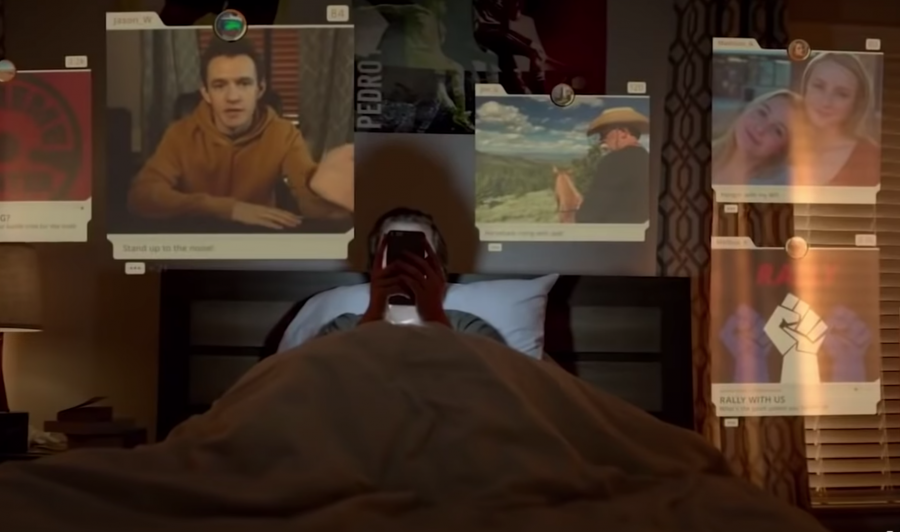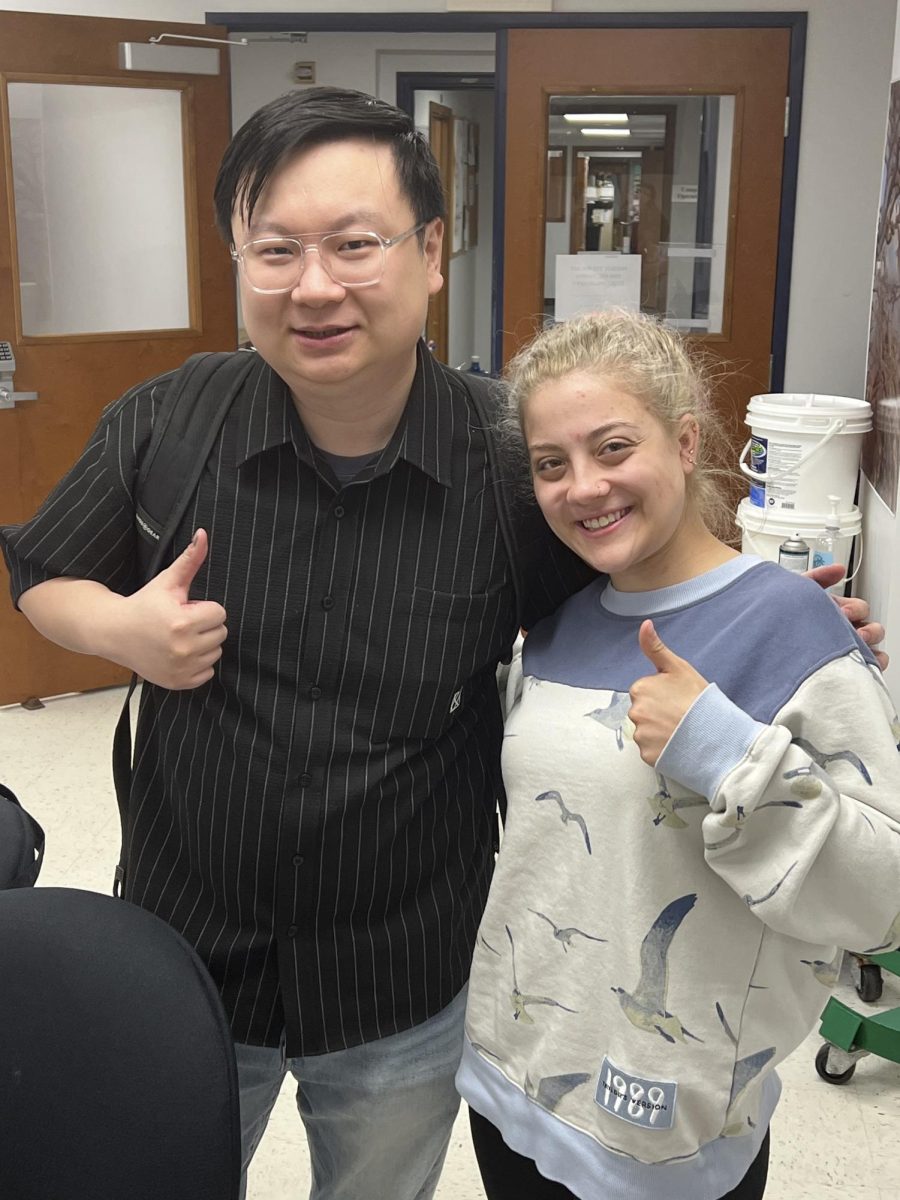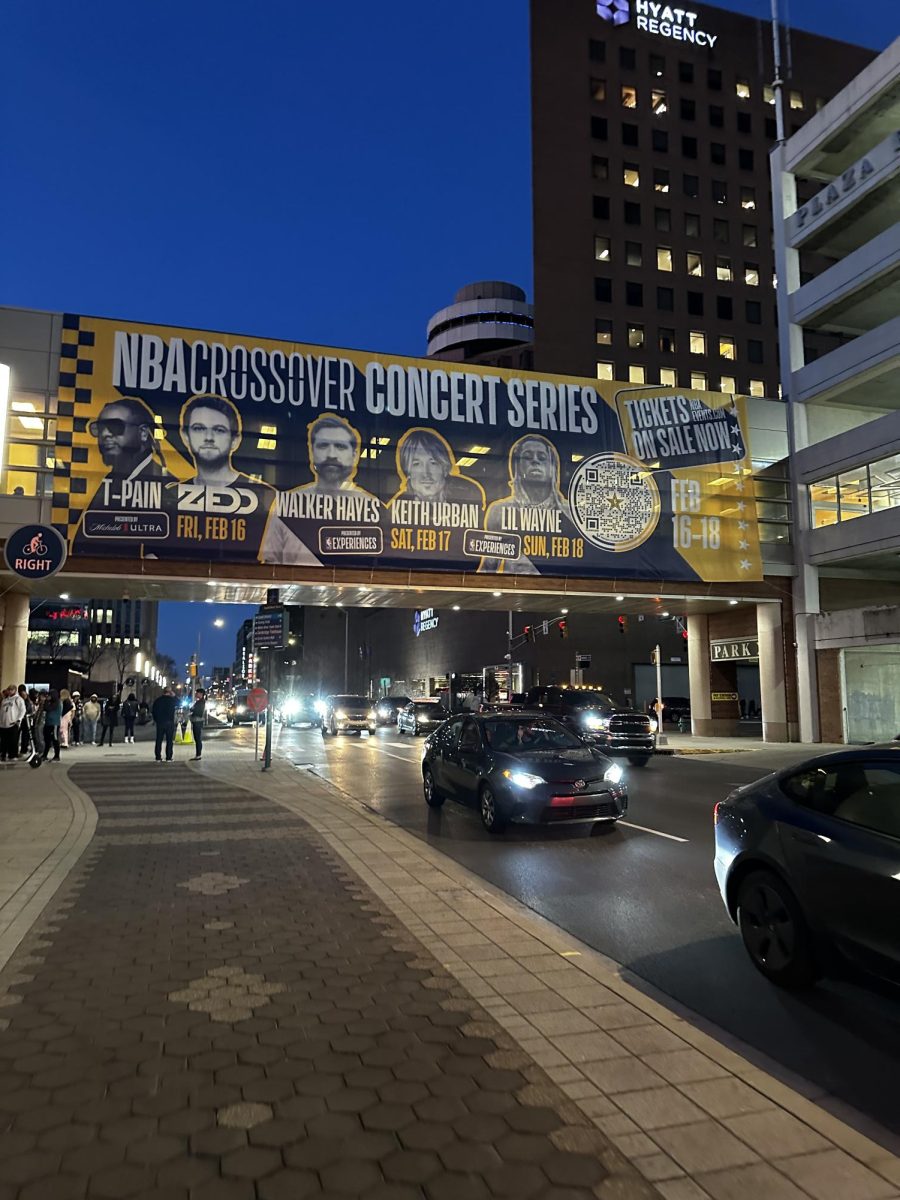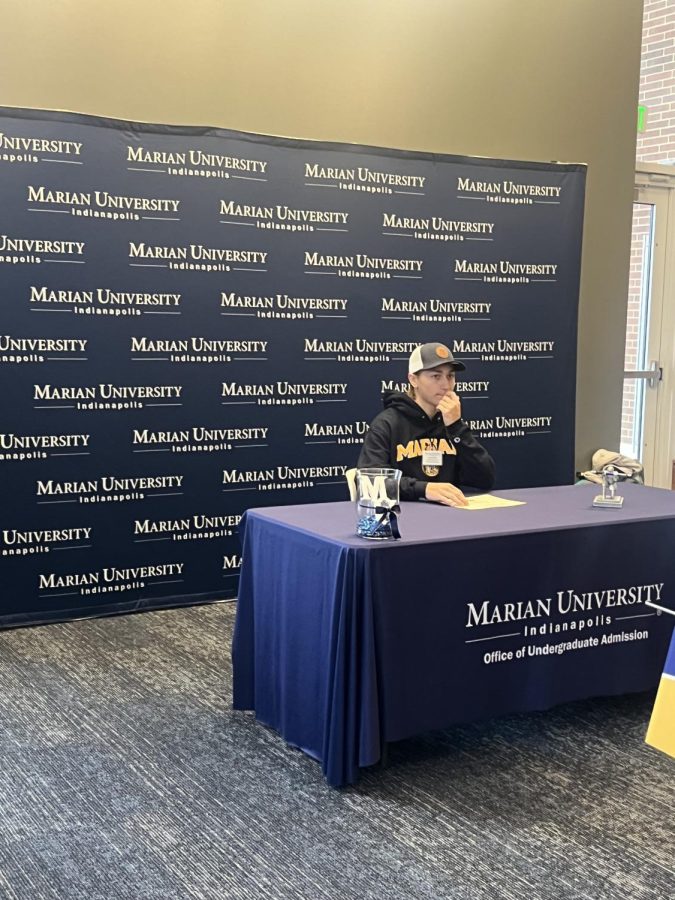By Julia Akre
During the last election cycle, social media became plastered with the message “go vote!” Convincing people like never before to vote in the upcoming presidential elections.
The Social Dilemma underlines the control Facebook, Twitter and other big tech companies have over the population. The documentary takes a deep dive into finding out the true problem of social media addiction with a focus on the health effects of young people.
The Sophia club presented The Social Dilemma published in 2020, in the Norman Center. The club’s goal for showing this movie is to spread awareness on the ethics of using technology and how technology might be using people.
The S.G.A. senator for the Sophia Club, Conner Heard said, “we have to talk about what social media, mainstream media does to our understanding of truth and our understanding of value, our understanding of self and community.”
According to Dr. Anna Lembke, Medical Director of Addiction Medicine at Stanford University within the documentary, humans have a biological drive to connect to people. The reword pathways in our minds has been developed to have a direct link to our levels of dopamine. Every time you connect with someone online it sends dopamine through your system, making you come back for more. It becomes the place people of all ages go to get validation.
According to the documentary, social media will dig deeper into the brain stem and controls where people get their self-worth and identity. Humans evolved to care what others around them thought, so a community can work well together. However, social media opens one up to hundreds to thousands of people. In these cases, all it takes is a few bad comments on a post or a small amount of likes and one’s self-worth is called into question by the person. Algorithms drew the person in, and the connections made makes them stay.
The Social Dilemma contains insights from big figures in tech that worked behind the scenes for social media companies. They have developed sophisticated coding to better understand the habits and motivations of the human psyche and capitalize on the weaknesses of the person.
Algorithms are learning how to better cater to individuals. They describe it as a hacking of the brain to influence thoughts and behaviors. Algorithms continuously making you come back for more. These personalized algorithms are causing these apps to be so addictive that it traps people of all ages into using these sites.
Norah Svec a senior double major in Theology and Philosophy and the Instagram manager for the Sophia Club, said that after watching the documentary for the first time, she deleted her Instagram account. However, being on the app as a part of her responsibilities to the club, she still finds herself scrolling away on the feed.
Svec said, “I’m scrolling through things that I don’t care about.” She feels as though when she is on the app wasting time, it is taking energy away from things that are actually meaningful.
With advertisements being prevalent in many of these sites, the distinction was made that the consumer is not the person using the app but is the advertising company at large paying for the person’s attention.
In the documentary, multiple people said, “if you are not paying for the product, you are the product… how much of your life can we get you to give to us.”
It goes on to give more details by focusing in on what is truly being bought by aids. “It’s the gradual, slight, imperceptible change in your own behavior and perception, that is the product.”
Noah Grinstead, a sophomore double major in Pastoral Leadership and Psychology, believes that it is not enough to simply delete the app or cancel a subscription. With addiction, that underlining impulse will always be there. It is more important to develop skills of discipline to combat impulsiveness, “I’ve always seen a problem with just talking it away only for it to be just as tempting to get it right back”
On the other side of things, Timothy Hosford a sophomore double major in religious education and English, raises concerns about the purpose of the documentary. Stating that he feels as though the documentary itself is a piece of persuasion commentary, as no opposing viewpoint had screen time. He also found concern that the documentary told of no real solution on what we can be doing to combat the dystopia message that social media can bring.
“It doesn’t offer you any practical way to step away from the problem and to reinvigorate the technology into your life in a way that is beneficial. The social dilemma itself is really just another persuasion and less of a ‘I’m teaching you guys how to fix this.’”
It is important to educate oneself when new changes arise in social behavior and communication. To be on the lookout for tools that could have a double-edged sword. Technology has a direct role to play in how the population spend their time. The apps made by developers have one bottom line, how can they make money off of our viewers.
